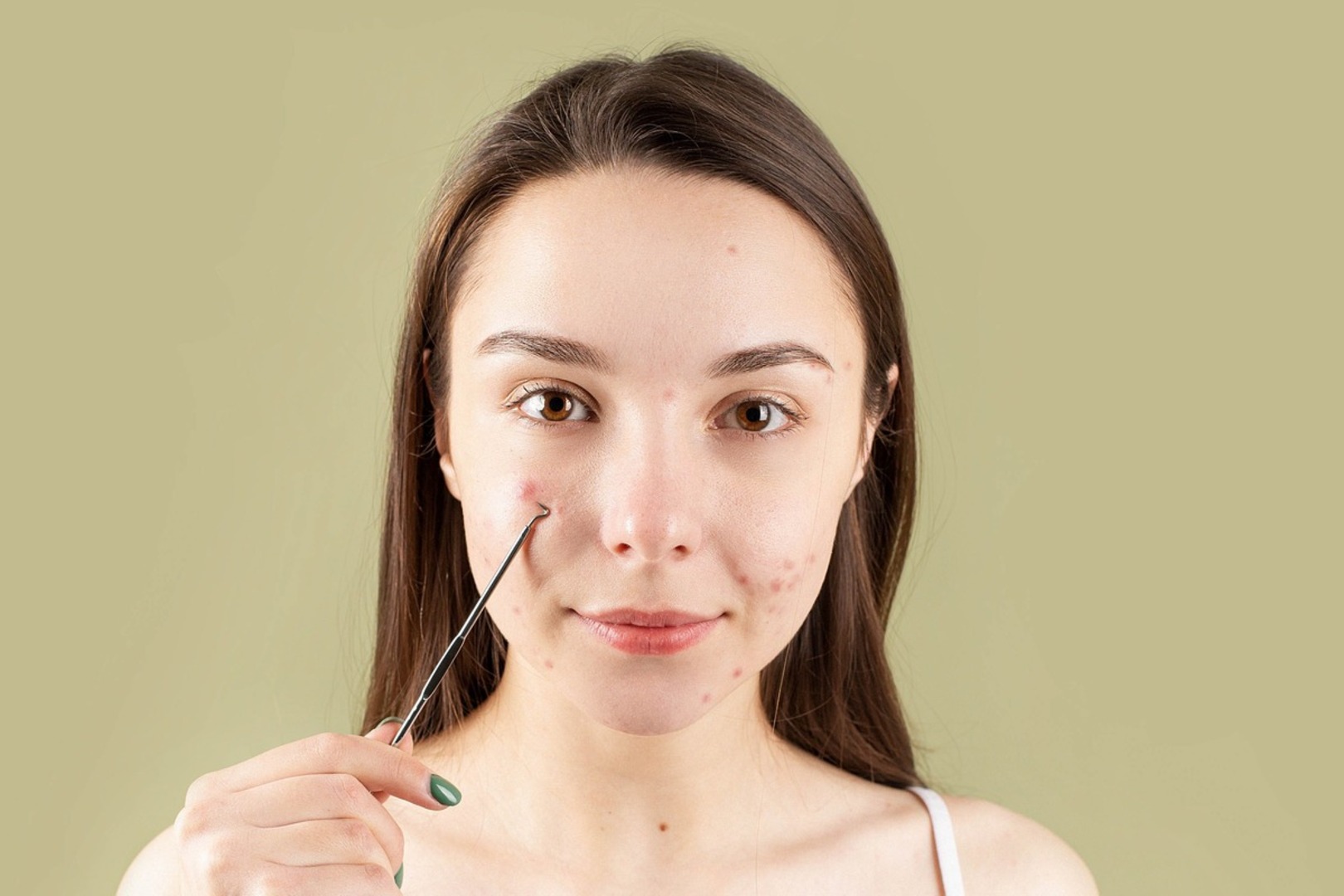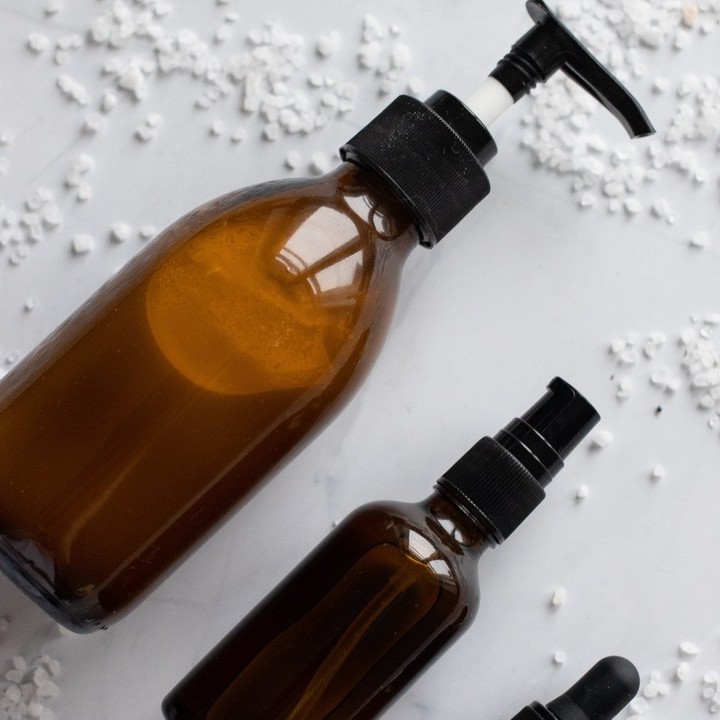
Professional Treatments for Acne Scars
Professional Treatments for Acne Scars
Acne, a common skin condition that affects millions of individuals worldwide, often leaves behind visible reminders in the form of scars. Acne scars are not a uniform entity but rather a diverse range of marks that can manifest on the skin's surface. Understanding the various types of acne scars is crucial for developing targeted treatment plans and addressing specific concerns.
While several over-the-counter products claim to improve the appearance of acne scars, professional treatments performed by dermatologists or skin care professionals often yield more significant results. Here are some widely used professional treatments for acne scars:
professional treatments for acne scars
- Chemical Peels:
How It Works: Chemical peels involve the application of an acid solution to exfoliate the outer layer of the skin. This promotes cell turnover and can improve the appearance of certain types of acne scars.
Effectiveness: Chemical peels can be effective for shallow scars and pigmentation issues.
- Microdermabrasion:
How It Works: Microdermabrasion uses a machine to exfoliate the outer layer of the skin, helping to reduce the appearance of scars.
Effectiveness: It is suitable for mild scarring and can improve overall skin texture.
- Microneedling:
How It Works: Microneedling involves the use of a device with tiny needles that create micro-injuries in the skin, stimulating collagen production and improving scar appearance.
Effectiveness: Microneedling is effective for various types of atrophic scars.
- Laser Therapy:
How It Works: Laser treatments use focused light to target specific areas of the skin, promoting collagen production and improving scar texture.
Effectiveness: Different laser treatments, such as fractional laser therapy, can be effective for various types of scars.
- Filler Injections:
How It Works: Injectable fillers, such as hyaluronic acid, can temporarily fill in atrophic scars, providing a smoother skin surface.
Effectiveness: Fillers are particularly beneficial for rolling and boxcar scars.
Topical Treatments for Acne Scars
In addition to professional interventions, several topical treatments can be incorporated into a skincare routine to address acne scars. It's essential to note that results may vary, and consistency is key. Some effective topical treatments include:
- Retinoids:
How They Work: Retinoids, such as tretinoin, promote cell turnover and stimulate collagen production, improving the appearance of scars over time.
Effectiveness: Retinoids are particularly beneficial for atrophic scars.
- Vitamin C Serums:
How They Work: Vitamin C is known for its antioxidant properties and its role in collagen synthesis. Serums containing vitamin C can help brighten the skin and reduce hyperpigmentation associated with scars.
Effectiveness: Vitamin C is effective for post-inflammatory hyperpigmentation.
- Alpha Hydroxy Acids (AHAs):
How They Work: AHAs, such as glycolic acid, exfoliate the skin and promote cell turnover, improving the texture of the skin and reducing the appearance of scars.You can choose Proactiv+ 3 Step Advanced Skincare Acne Treatment
Effectiveness: AHAs are beneficial for mild scarring and hyperpigmentation.
- Niacinamide:
How It Works: Niacinamide, also known as vitamin B3, has anti-inflammatory properties and can help improve the texture of the skin.
Effectiveness: Niacinamide is suitable for various types of scars and can be used in conjunction with other treatments.
Minimally Invasive Procedures:
- Subcision: This procedure involves breaking the fibrous bands that tether the skin, particularly useful for rolling scars.
- Corticosteroid Injections: Injections can flatten hypertrophic or keloid scars by reducing inflammation and collagen production.
Home Remedies and Lifestyle Changes
While professional treatments and topical products can significantly improve the appearance of acne scars, certain home remedies and lifestyle changes may complement these efforts:
Home Remedies for Acne Scars
1. Honey and Aloe Vera Mask:
How It Works: Both honey and aloe vera have anti-inflammatory and skin-healing properties. Together, they can soothe the skin and promote healing.
Method: Mix equal parts honey and fresh aloe vera gel. Apply the mixture to the affected areas and leave it on for 15-20 minutes before rinsing.
2. Lemon Juice:
How It Works: Lemon juice contains citric acid, which acts as a natural exfoliant and may help lighten dark spots.
Method: Dilute fresh lemon juice with water, apply it to the scars using a cotton ball, and leave it on for 10-15 minutes before rinsing. Perform a patch test to ensure your skin can tolerate lemon juice.
3. Turmeric Paste:
How It Works: Turmeric has anti-inflammatory and antioxidant properties that can promote healing and reduce inflammation.
Method: Mix turmeric powder with honey or yogurt to form a paste. Apply the paste to the scars, leave it on for 15-20 minutes, and rinse thoroughly.
4. Apple Cider Vinegar Toner:
How It Works: Apple cider vinegar acts as a natural astringent and may help improve skin tone.
Method: Dilute apple cider vinegar with water (1:2 ratio) and use it as a toner after cleansing. Apply with a cotton pad and let it air dry.
5. Green Tea Ice Cubes:
How It Works: Green tea has antioxidant and anti-inflammatory properties. Applying it in the form of ice cubes can help soothe and reduce redness.
Method: Brew green tea, let it cool, and pour it into an ice cube tray. Gently rub the green tea ice cube over the scars for a refreshing and calming effect.
DIY Treatments for Acne Scars
1. Baking Soda Scrub:
How It Works: Baking soda acts as a gentle exfoliant, helping to remove dead skin cells and promote skin renewal.
Method: Mix baking soda with water to form a paste. Gently massage the paste onto damp skin in circular motions, then rinse thoroughly.
2. Oatmeal Mask:
How It Works: Oatmeal has soothing properties and can help exfoliate the skin gently.
Method: Cook plain oatmeal and let it cool. Apply it as a mask to the face, leave it on for 15-20 minutes, and rinse.
3. Coconut Oil Massage:
How It Works: Coconut oil is moisturizing and may help reduce the appearance of scars over time.
Method: Gently massage a small amount of virgin coconut oil onto the scars. Leave it on overnight and rinse in the morning.
4. Egg White Mask:
How It Works: Egg whites contain proteins that can help tighten and tone the skin.
Method: Whisk an egg white until frothy, apply it to the scars, and leave it on for 15-20 minutes before rinsing.
5. Cucumber Slices:
How It Works: Cucumber has a cooling effect and may help reduce inflammation.
Method: Place cucumber slices on the affected areas and leave them on for 15-20 minutes. Alternatively, blend cucumber and apply the juice as a mask.
Emotional Impact of Acne Scars
Beyond the physical effects, acne scars can have a significant emotional impact. Individuals may experience lowered self-esteem, anxiety, and depression related to the appearance of their skin. Seeking support from friends, family, or mental health professionals can be beneficial in managing the emotional toll of acne scars.
Acne scars are a common concern, but with advancements in skincare and dermatology, there are various effective treatments available. The key is to tailor the approach to the specific type of scars and individual skin characteristics. Whether opting for professional treatments, incorporating topical products, or trying home remedies, consistency and patience are essential. By addressing acne scars holistically, individuals can regain confidence in their skin and embrace a healthier, more radiant complexion. If the scars are causing significant emotional distress, consulting with a dermatologist or skincare professional can provide personalized guidance and treatment options tailored to individual needs.
 العربية
العربية





